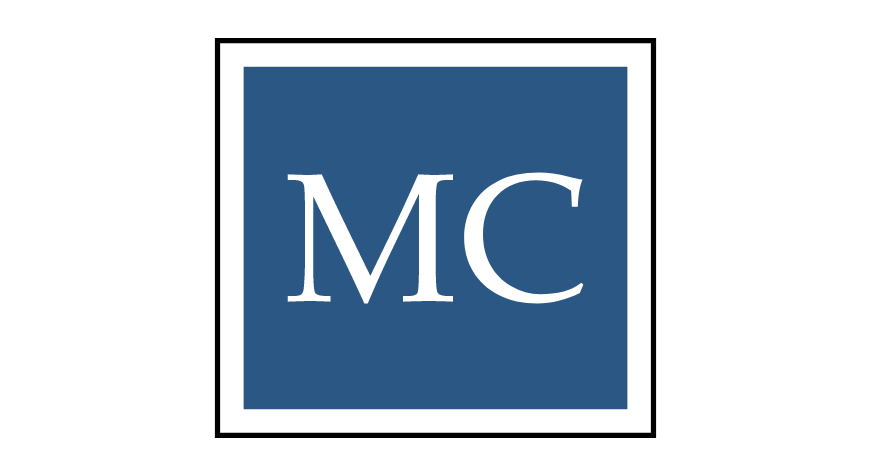In July 2023, the Public Company Accounting Oversight Board (PCAOB) published a report that highlights common areas of audit deficiencies for public companies. Private companies face similar challenges when reporting their financial results. Internal accounting personnel and external auditors can use the PCAOB’s report to identify high-risk areas in financial reporting that may warrant additional attention.
2022 findings
The PCAOB recently inspected portions of financial statement audits for public companies. The findings were published in a new PCAOB Spotlight report, Staff Update and Preview of 2022 Inspection Observations.
Many of the deficiencies found in 2022 are in inherently complex areas that have greater risks of material misstatement. The top seven financial statement deficiency areas were:
- Revenue and related accounts,
- Inventory,
- Information technology,
- Business combinations,
- Long-lived assets,
- Goodwill and intangible assets, and
- Allowances for loan and lease losses.
Auditors may find this information useful as they plan and perform their audits. Likewise, managers and in-house accounting personnel may benefit from a review of these findings to help improve financial reporting, minimize audit adjustments and use as a reference point when engaging with external auditors.
Spotlight on cryptocurrency transactions
The PCAOB report also highlights an emerging area of concern: cryptocurrency transactions. Examples of these transactions include:
- Earning a fee, or “reward,” for mining crypto,
- Purchasing or selling goods or services in exchange for crypto assets,
- Exchanging one crypto asset for another,
- Purchasing or selling crypto assets in exchange for U.S. dollars, and
- Investing in crypto assets.
The PCAOB notes that companies with material digital asset holdings and/or that engage in significant activity related to digital assets present unique audit risks. This was evidenced by the recent, high-profile collapse of crypto asset trading platform FTX. The risks associated with crypto assets may be elevated due to high levels of volatility, lack of transparency regarding the parties engaging in the transactions and the purpose of such transactions, market manipulation, fraud, theft, and significant legal uncertainties. The PCAOB recommends using specialists and technology-based tools to help audit these transactions in certain situations.
Bottom line
Regardless of whether they’re public or private, companies should take proactive measures to ensure their financial reporting is accurate and transparent. These measures may include providing accounting personnel with additional training and assistance, increasing management review and staff supervision, and beefing up internal audit procedures in relevant high-risk areas.
Also, expect external auditors to focus on these high-risk areas. As audit season approaches, prepare to provide additional documentation to back up your accounting estimates, reporting procedures and account balances for high-risk items.

